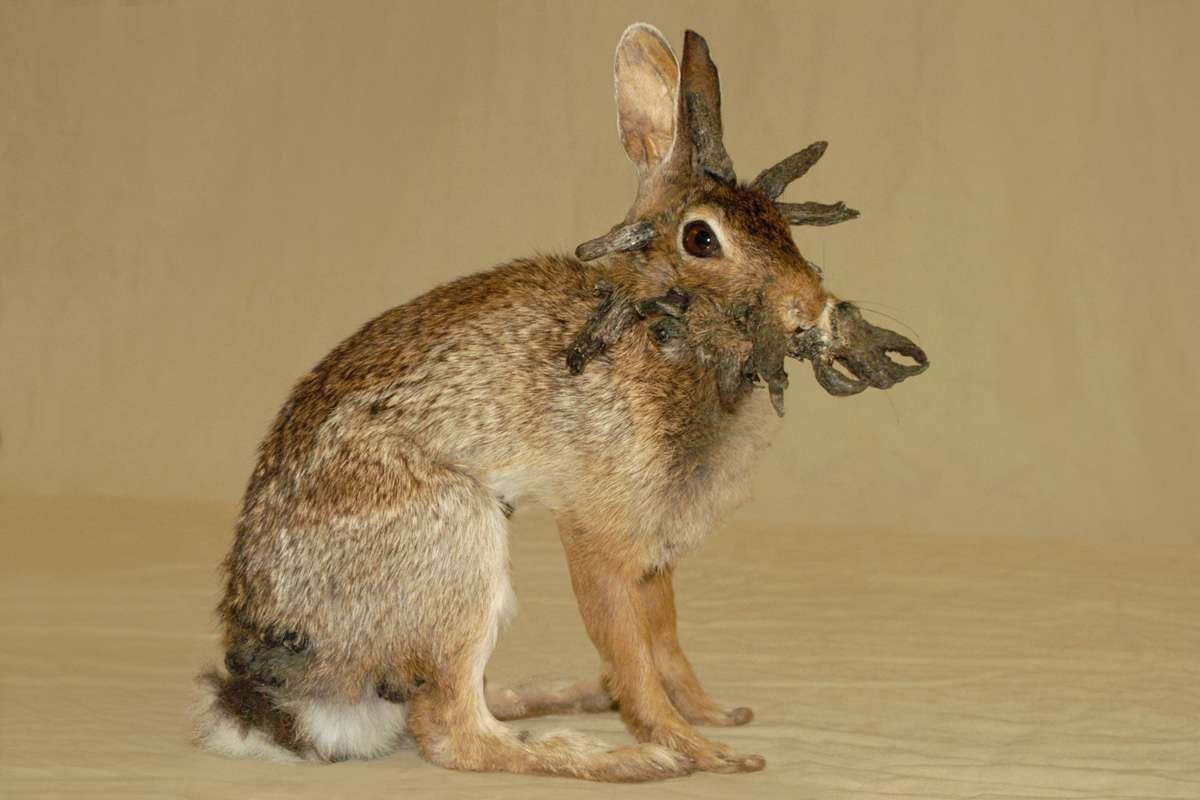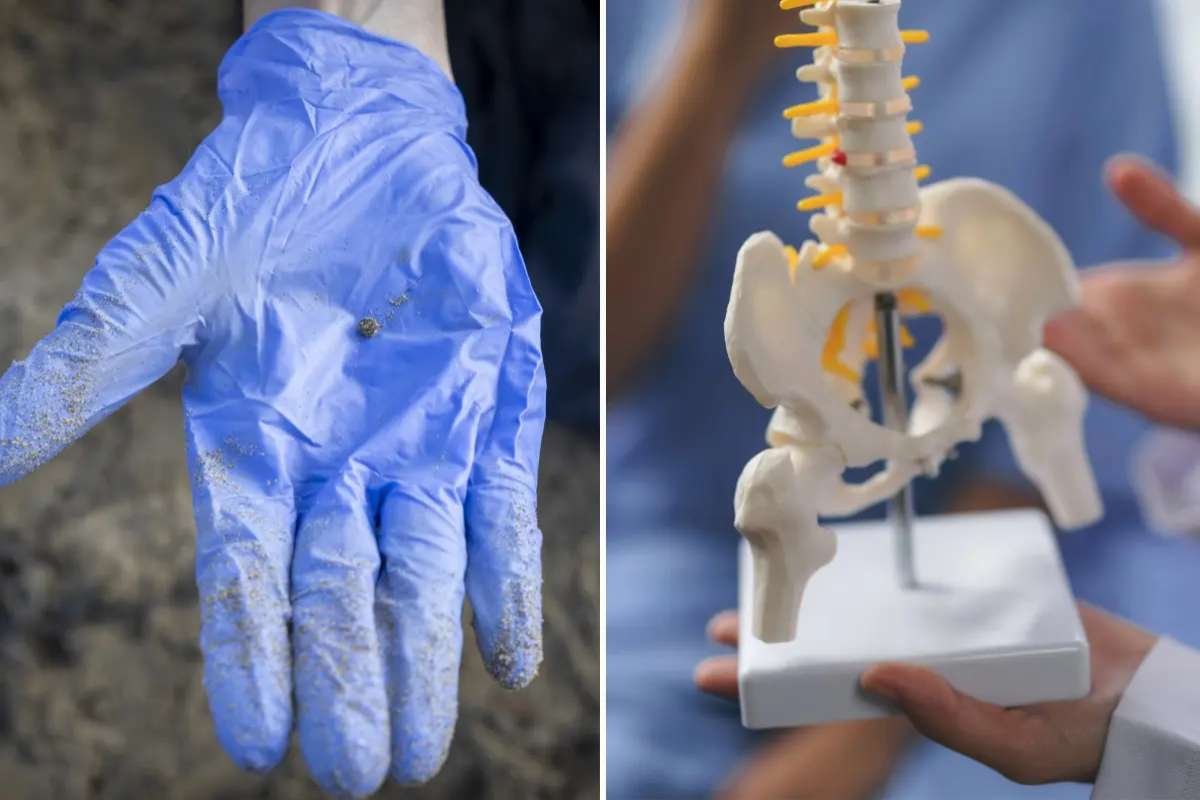Residents in Fort Collins and other parts of Colorado have reported sightings of wild rabbits with horn-like and tentacle-shaped growths protruding from their heads and faces. Photos shared on social media show the animals with black, spiny structures resembling toothpicks or quills, sparking alarm and speculation about possible disease outbreaks.
Wildlife experts have identified the cause as Shope papilloma virus, a condition that produces wart-like tumors, often concentrated around the head, ears, and eyelids of rabbits. While the appearance is alarming, Colorado Parks and Wildlife (CPW) officials emphasize that the virus poses no danger to humans, pets, or other animals.
Disease Spreads Only Among Rabbits
According to the University of Missouri, Shope papilloma virus is a DNA virus most frequently observed in cottontail rabbits in the Midwest, though it can also affect domestic rabbits. The virus spreads solely among rabbits, typically through bites from mosquitoes, ticks, and other biting insects.
“The growths look frightening, but they’re species-specific,” a CPW spokesperson explained. “They do not spread to people or other wildlife.”
Outbreaks are more common during warmer months when insect activity is high, increasing the likelihood of transmission. The condition is not new to Colorado, but residents say this summer’s sightings seem more frequent and more severe.
Local Sightings Stir Concern
Several Fort Collins residents have reported encounters with affected rabbits in their neighborhoods. In one case, a rabbit returned to the same homeowner’s yard for two consecutive years, each time with more pronounced growths.
“I thought he would die off during the winter, but he didn’t,” said Susan Mansfield, a local resident who spoke to NBC affiliate KUSA. “He came back a second year, and it grew.”
Descriptions from witnesses range from “black quills” to “scabby growths” covering parts of the animal’s face. Some residents initially feared the rabbits might be carrying plague or another dangerous illness, but experts quickly ruled out those possibilities.
Understanding Shope Papilloma Virus
The Shope papilloma virus produces benign tumors in most cases, but in rare situations, these growths can become malignant, leading to cancer. While the tumors generally do not shorten a rabbit’s lifespan, they can interfere with feeding, breathing, or vision if they block the mouth, nose, or eyes.
There is no known cure for the virus in wild rabbits. In domestic rabbits, surgical removal of tumors may be possible, though recurrence can occur. Wildlife experts stress that leaving infected wild rabbits undisturbed is the best approach, as the animals can often adapt and survive despite the growths.
Officials Advise Caution, Not Alarm
Colorado Parks and Wildlife is urging residents to keep their distance from wild rabbits, both for the safety of the animals and to prevent unnecessary handling. While the disease is not transmissible to humans or pets, close contact can cause stress to wildlife and increase the risk of spreading the virus between rabbits.
“People should admire wildlife from afar and avoid trying to help or capture infected animals,” the CPW spokesperson said. “These rabbits are not in immediate danger to the public, and nature has its way of managing such conditions.”
Officials say the sightings are a reminder of the variety of naturally occurring wildlife diseases and the importance of insect control during peak summer months.
Residents are encouraged to report unusual wildlife sightings to CPW to help track the spread and severity of the virus.
Visit The Lifesciences Magazine For The Most Recent Information.







